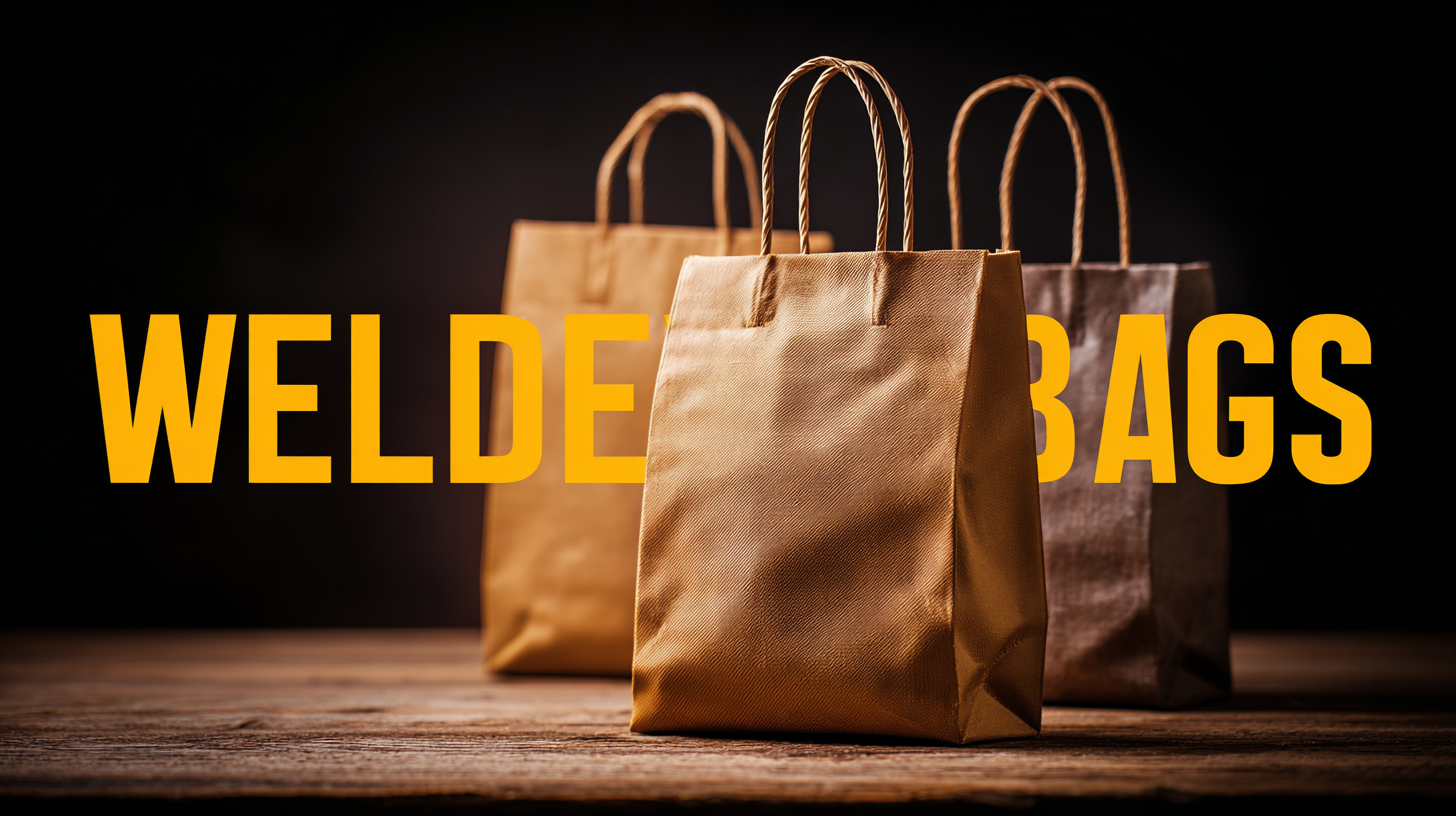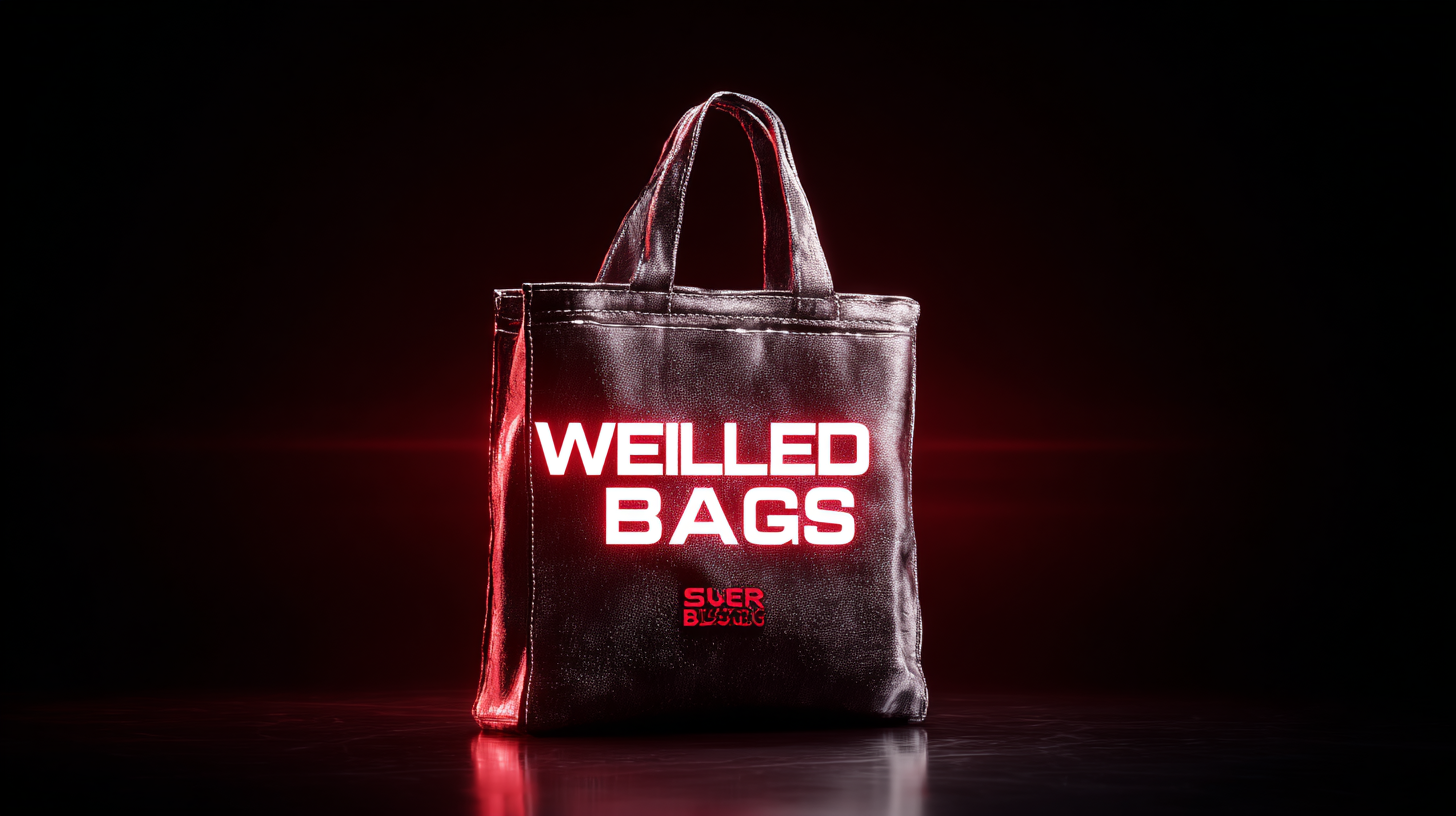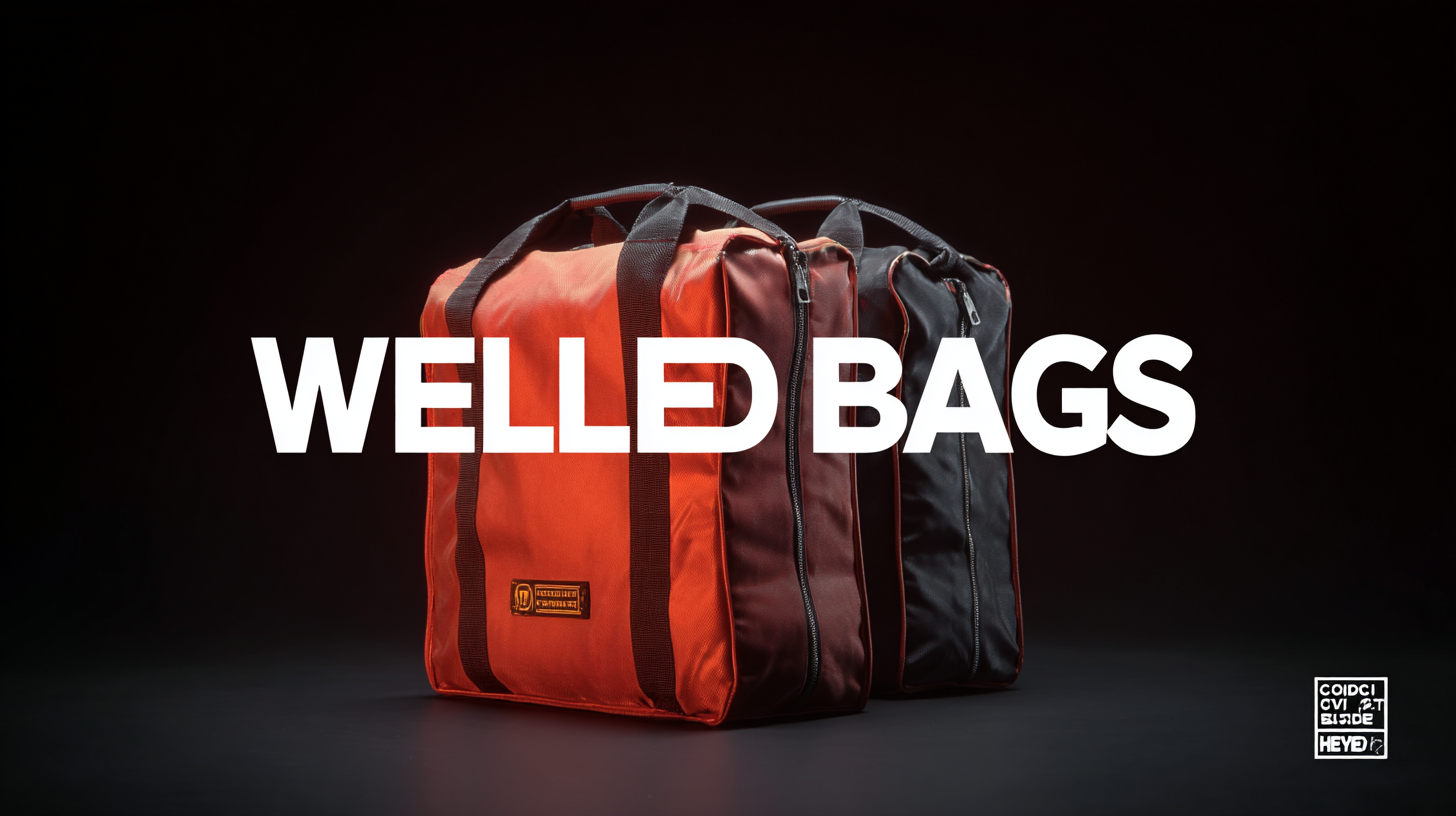- Home
- About Us
- Company Overview
- Main Products
- Production Capacity
- R&D Capacity
- Trade Capacity
- Business Performance
- Factory inspection reports
- Business Type
- Total Employees
- Organization Frame
- Exhibition Information
- Future Plan
- Product Testing Machine
- Product Development
- Product Certifications
- Materials Library
- Enterprise Certification
- Products
- Blog
- Download
- Send Inquiry
- Contact Us




